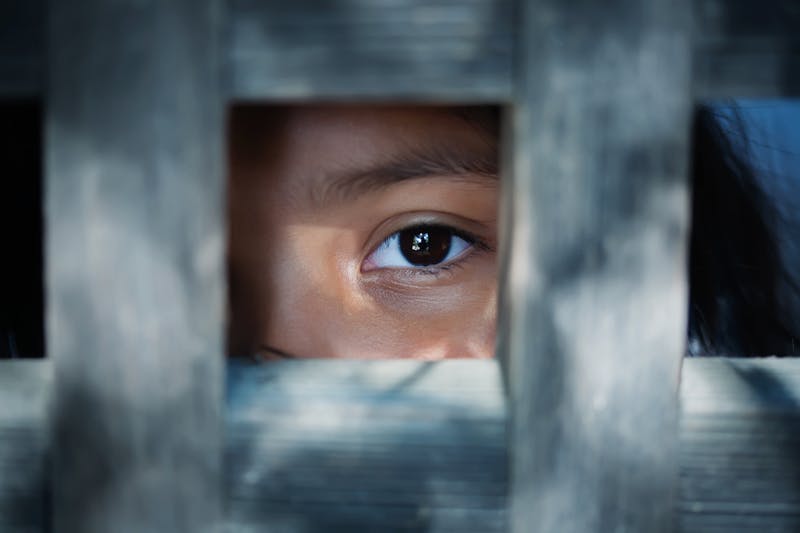
On July 15–16, 2025, Homeland Security agents raided the downtown Foley location of Colt Grill BBQ & Spirits alongside other restaurants in Arizona, part of a multi-year federal investigation into alleged money laundering, labor exploitation, and human smuggling.
While much attention has focused on the criminal charges—such as harboring undocumented workers and employing unauthorized aliens—the broader question of corporate liability is equally pressing. When—and how—could the restaurant operators, or even indirectly connected businesses like hotels, face criminal or civil liability for participating in or enabling trafficking?
-
Criminal Liability for Businesses
Businesses (or their owners, operators, or managers) may face criminal charges if:
- They knowingly transport, harbor, or facilitate the entry of individuals into the US illegally.
- They force, coerce or exploit labor in ways that meet the legal definition of labor trafficking, including withholding wages, forging documents, or abusing visa programs.
- They engage in money laundering tied to trafficking operations.
In the Foley case, the indicted owners face federal charges including conspiracy to transport and harbor illegal aliens, pattern-and-practice employment of unauthorized workers, failure to pay wages, and money laundering—some with penalties up to 10 years imprisonment and $250,000 fines.
-
Civil Liability for Businesses
Even without criminal intent, victims of trafficking may bring civil lawsuits against businesses under federal statutes like the Trafficking Victims Protection Act (TVPA). Plaintiffs can seek damages for:
- Forced labor, coercion, or housing conditions matching trafficking definitions.
- Negligence or failure to act—e.g. ignoring red flags that trafficking was occurring on premises.
- Misclassification or wage theft tied to exploitation.
Hotels and franchisees, for example, have faced lawsuits when traffickers repeatedly used their rooms to exploit victims, and management ignored warning signs. Even if not directly operated by the franchisor, courts have weighed whether a corporate policy (or lack of proper oversight and training) contributed to the environment that permitted trafficking.
-
Hotels and Franchise Business Models
As detailed in the New Yorker coverage of a Days Inn trafficking case in Georgia, large hotel chains such as Wyndham have been sued for allowing traffickers to operate repeatedly on their properties—even in the face of complaints or suspicious behavior. Victims argued that the chain’s failure to train staff or intervene created an environment that enabled ongoing trafficking.
The court of public opinion (and sometimes the courts themselves) may hold that a lack of franchise oversight, or passive acceptance of what staff should have recognized as trafficking activity, could be sufficient to create liability.
-
What the Foley Raid Means
The Colt Grill case offers a cautionary tale: businesses that serve as fronts for labor trafficking and illegal workforces can face severe criminal exposure. If evidence shows that management or affiliated entities benefited from or allowed trafficking schemes, civil lawsuits by coerced workers or victims may follow.
For businesses and hotels specifically, proactive compliance is critical—including:
- Rigorous human-rights and anti-trafficking training.
- Vigilance for red flags, such as unusual patterns in worker housing, migrant labor intermediaries, or repeated same-person room rentals.
- Strong policies requiring documentation of suspicious behavior and timely escalation.
Businesses must commit not just to legal compliance, but to ethical vigilance that protects vulnerable people.

